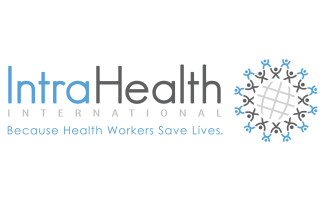Improve Cardiovascular Population Health at Scale
CARDIO4Cities is a data-driven, multisectoral partnership approach that improves cardiovascular health in urban areas. There are three early-adopter cities across three continents: Dakar, Senegal; São Paulo, Brazil; and Ulaanbaatar, Mongolia.


